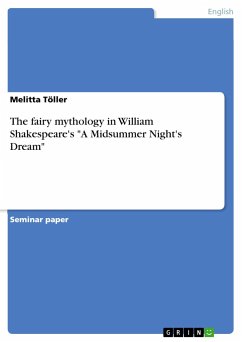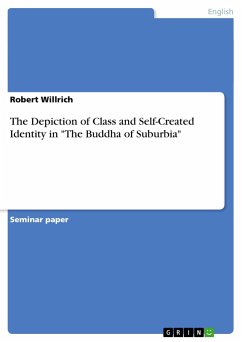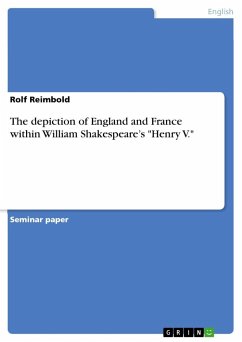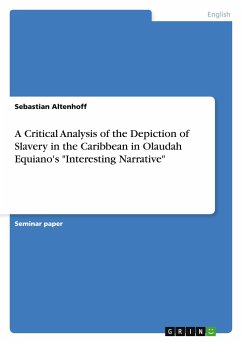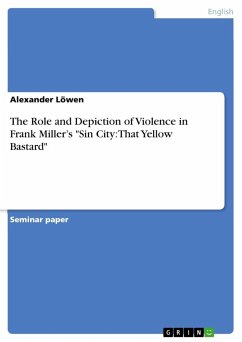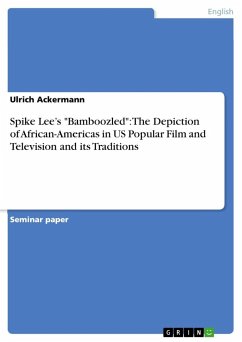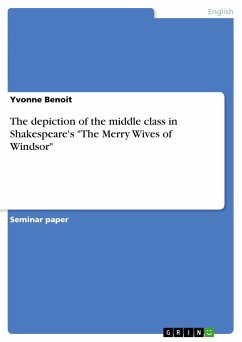
The depiction of the middle class in Shakespeare's "The Merry Wives of Windsor"

PAYBACK Punkte
0 °P sammeln!
Seminar paper from the year 2007 in the subject English Language and Literature Studies - Literature, grade: 1,0, Saarland University (Anglistik, Amerikanistik und Anglophone Kulturen), course: Hauptseminar Shakespeare's Changing Comedies, language: English, abstract: The 17th century witnesses the rise of a new social class in England: the middle class. At this time, mainly merchants and traders belong to this community. They are rich, powerful and educated. In The Merry Wives of Windsor, the two middle class families, namely the Fords and the Pages, form the head of the Windsor community and...
Seminar paper from the year 2007 in the subject English Language and Literature Studies - Literature, grade: 1,0, Saarland University (Anglistik, Amerikanistik und Anglophone Kulturen), course: Hauptseminar Shakespeare's Changing Comedies, language: English, abstract: The 17th century witnesses the rise of a new social class in England: the middle class. At this time, mainly merchants and traders belong to this community. They are rich, powerful and educated. In The Merry Wives of Windsor, the two middle class families, namely the Fords and the Pages, form the head of the Windsor community and are its leaders. In order to be able to understand the position of this social class in society, it needs to be seen in comparison with the other residents and visitors of the city. By choosing Windsor as the setting, Shakespeare links the city of Windsor and its independent middle class with the presence of the monarchy. The proximity to Windsor Castle and the siege of the Order of the Garter bring the aristocracy into the play and introduce the authority of the Crown. Due to Fenton's and Falstaff's presence in the play, Windsor's middle class has to face the social class above them and the problems which exist between the two. However, it is not only the aristocracy which helps the Windsor middle class to define and establish themselves but also the foreigners in the play. Therefore, it is important to consider the interactions of the middle class with Parson Evans or Dr. Caius in order to see how far these foreigners differ from the English and how they help the Fords and the Pages to establish themselves in their society and to reconfirm their national identity as well as their position in society. The use of the term "middle class", however, is problematic. Since it includes the term "middle", the question arises of what "middle" actually means, opposed to whom or what this class is the middle and in which context it has to be seen. Since the word "bourgeoisie"has its ethymological origin in the French language and generally designs an inhabitant of a city or town, this word includes the two families who are relevant to this topic. Therefore, the term "bourgeoisie" will be used synonymously in this paper.Several attempts have been made to define the term. "As Immanuel Wallerstein explains, critics generally define members of the bourgeoisie either culturally - by their style of life and opportunities for consumption - or economically - by their relations to production and opportunities for investment" . The definition which is most suitable for this paper is the one that the bourgeoisie of Renaissance England is "that feudal middle class which was neither nobility nor peasantry".




